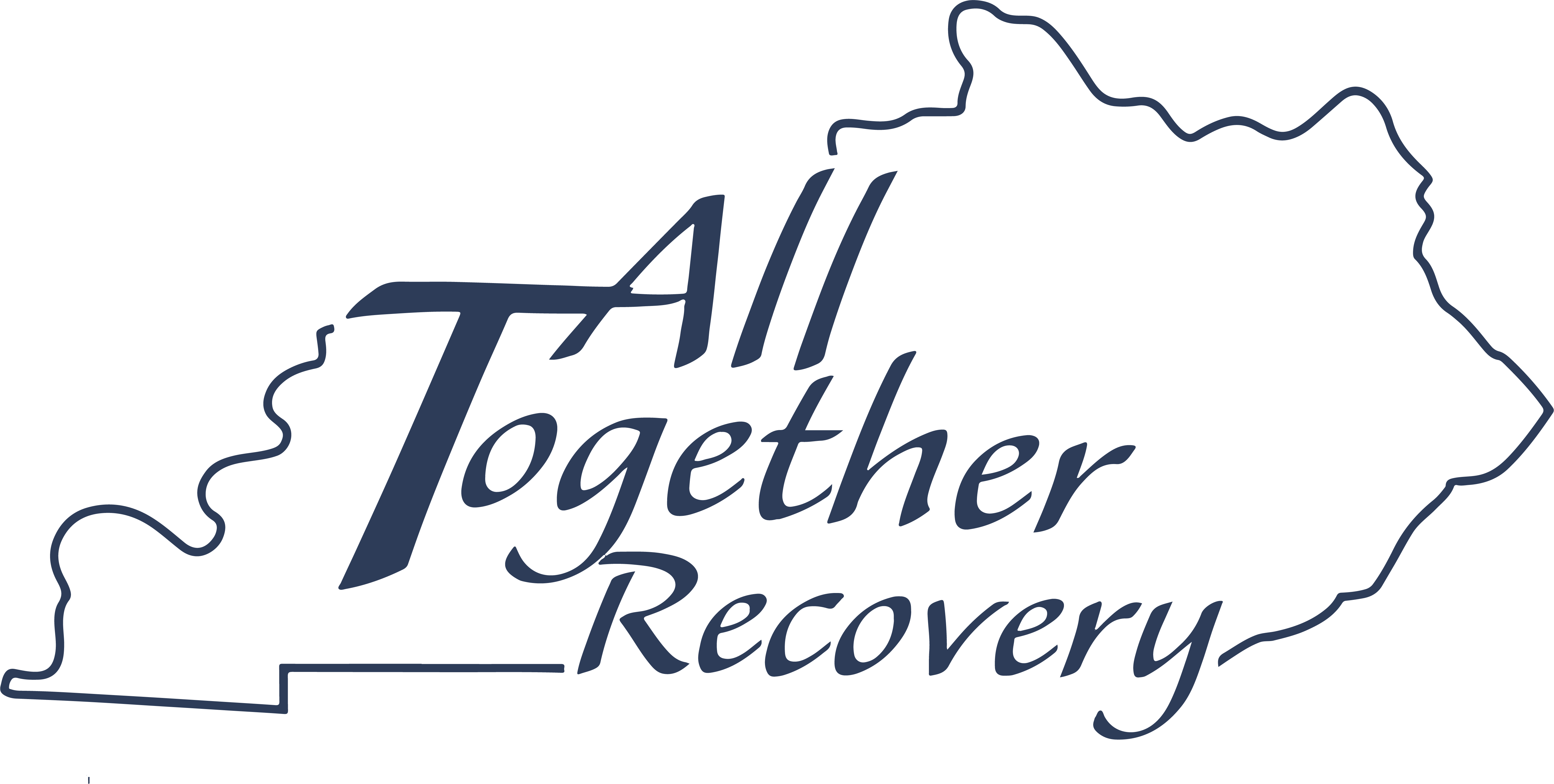Recovery is a courageous journey, but it often comes with stress and anxiety. These emotions can be overwhelming, especially as individuals adjust to life without substances and face new challenges. Understanding how to manage stress and anxiety is essential for long-term recovery and overall well-being. In this article, we explore practical techniques and strategies to help navigate these common challenges and maintain emotional balance.
Why Stress and Anxiety are Common in Recovery
Stress and anxiety often emerge during recovery due to significant life changes, emotional triggers, or the challenges of rebuilding relationships and routines. Substance use can mask these feelings, but in recovery, individuals face them head-on. While stress and anxiety are normal, unchecked, they can increase the risk of relapse or hinder progress. Recognizing these emotions as part of the healing process is the first step in managing them effectively.
Practical Strategies for Managing Stress and Anxiety
1. Practice Mindfulness and Meditation
Mindfulness involves focusing on the present moment without judgment, helping to ground you when emotions feel overwhelming. Techniques include:
- Practice Deep Breathing Techniques: Deep breathing is a simple yet effective way to reduce stress and anxiety. Inhale deeply through the nose, hold for a few seconds, and exhale slowly through the mouth. Deep breathing exercises can help calm the nervous system by promoting relaxation and increasing oxygen flow to the brain. By focusing on your breath, you can anchor yourself in the present moment, which is especially helpful during moments of heightened stress or emotional overwhelm. Regular practice can enhance your ability to respond calmly to challenges.
- Body Scans: A body scan is a mindfulness practice that involves mentally scanning your body from head to toe, bringing awareness to any areas of tension, discomfort, or relaxation. Focus on each part of your body, releasing tension as you go. By observing bodily sensations, body scans can reduce stress, release tension, and promote relaxation. Regular practice can enhance your overall self-awareness and help you identify and address stressors effectively.
- Guided Meditations: Guided meditation and visualization involve focusing your mind on calming imagery, positive affirmations, or serene environments. These techniques encourage relaxation, reduce mental clutter, and help reframe negative thought patterns. Whether through apps like Calm or Headspace, online videos, or professional guidance, these practices can create a sanctuary of calm amidst the chaos of recovery, empowering you to envision a positive future.
- Prayer as Mindfulness: For those who are religiously affiliated, prayer can serve as a powerful form of mindfulness, providing a moment to pause, reflect, and connect with God. By focusing your thoughts and emotions through prayer, you can cultivate a sense of peace, purpose, and gratitude. Whether through silent contemplation or spoken words, prayer encourages grounding in the present moment and can be an essential tool for managing stress and anxiety during recovery.
2. Build a Strong Support System
Talking with trusted friends, family, or support group members can help you process emotions and gain perspective. Sharing your experiences reduces isolation and fosters a sense of belonging. Consider:
- Joining Peer Support Groups: Peer support groups provide a safe and understanding environment where individuals can share their experiences, challenges, and successes with others who have walked a similar path. At ATR, group sessions foster a sense of community and belonging, allowing participants to gain strength from shared stories and encouragement. These connections not only reduce feelings of isolation but also build a foundation for long-term recovery.
- Developing Healthy Relationships: Recovery often requires reassessing personal relationships to focus on those that encourage growth. ATR emphasizes the importance of cultivating healthy, supportive connections through family reconciliation, individual counseling, and community engagement opportunities. Professional help can offer tools for addressing the root causes of stress and anxiety. These resources help clients rebuild trust, set boundaries, and establish a strong network of encouragement.
- Engaging with a Trusted Support Network: Having a reliable support system that includes friends, family, and mentors can make a significant difference in recovery. ATR ensures clients are surrounded by a team of compassionate professionals, including counselors and peer support specialists, who provide guidance and accountability. This network empowers individuals to face challenges confidently and stay committed to their recovery goals.
3. Create a Routine
Establishing a consistent daily routine reduces unpredictability, which can be a major source of stress. Incorporate:
- Regular Meal Times: Balanced meals support emotional stability.
- Scheduled Sleep: Aim for 7–9 hours of sleep to improve mood and focus.
- Structured Activities: Engage in hobbies, exercise, or volunteer work to create a sense of purpose and fulfillment. For many, this means rediscovering activities they love, now experienced in sobriety. Whether it’s weightlifting, fishing, watching a football game, or picking up a guitar again, finding joy in these activities soberly can be profoundly therapeutic. These sober pursuits help individuals reconnect with themselves and build a life rich with purpose and enjoyment.
4. Exercise Regularly
Physical activity is a proven stress reliever. It releases endorphins, improves sleep, and boosts self-esteem. Try:
- Aerobic Activities: Activities like running, walking, swimming, or cycling improve cardiovascular health, boost endorphins, and reduce stress. These are simple yet effective ways to clear your mind.
- Strength Training: Building muscle through strength training not only enhances physical health but also fosters a sense of accomplishment and resilience.
- Consistency and Set Goals: Consistency in exercise builds habits that reinforce discipline and structure, which are essential components of recovery.
5. Journal Your Thoughts
Writing can be therapeutic, allowing you to express emotions and identify stressors. Consider:
- Gratitude Journaling: Journaling gratitude helps shift focus to positive aspects of life, enhancing mood and perspective. Try listing three things you’re grateful for daily.
- Reflecting on Daily Experiences: Journaling about daily events and emotions provides a safe outlet for processing thoughts and feelings, helping to identify patterns and triggers. Document situations that cause stress to develop proactive coping strategies.
- Tracking Progress and Goals: Writing down milestones and future goals creates a tangible record of progress, reinforcing motivation and celebrating achievements.
- Processing Challenges and Solutions: Journaling provides an opportunity to work through difficult moments and brainstorm solutions in a nonjudgmental space.
6. Practice Self-Compassion
Recovery is a process, and setbacks are part of growth. Be kind to yourself by:
- Acknowledging Progress: Recovery is a journey filled with milestones, both big and small. Practicing self-compassion means recognizing and celebrating your efforts, even when progress feels slow.
- Reframing Negative Self-Talk: Recovery often brings feelings of guilt or inadequacy, but self-compassion helps you replace harsh self-criticism with supportive and understanding thoughts.
- Embrace Imperfection: Mistakes are a natural part of life and recovery. Self-compassion allows you to learn from setbacks, fostering resilience and determination. ATR creates a supportive environment where clients are reminded that imperfection is part of the human experience and does not define their worth.
- Nurture Yourself Emotionally and Physically: Self-compassion involves treating yourself with the same kindness and care you would offer a loved one. Allow yourself time to rest and recharge.
7. Use Relaxation Techniques
Incorporate activities that calm the mind and body, such as:
- Listening to Music: Music has the power to influence mood, reduce stress, and provide emotional release. Soothing music can help shift your mood.
- Creative Outlets: Engaging in creative activities like painting, drawing, woodworking, or writing can be a therapeutic way to process emotions and reduce anxiety while providing a productive escape.
- Aromatherapy: Scents such as lavender, chamomile, and eucalyptus can have calming effects, helping individuals relax and unwind.
Why Managing Stress and Anxiety Matters in Recovery
Effectively managing stress and anxiety can make the difference between a successful recovery journey and one fraught with setbacks. These emotions, if left unchecked, can hinder progress, but with the right tools, they can be transformed into opportunities for growth and resilience. Stress management techniques not only help reduce the risk of relapse but also empower individuals to face challenges with confidence and strength.
Why Choose ATR?
At All Together Recovery, we understand the critical role stress management plays in recovery. Our holistic programs incorporate stress-reducing strategies, such as counseling, mindfulness exercises, and structured routines tailored to your needs. By focusing on both emotional well-being and personal growth, ATR helps you build a solid foundation for a healthier, more fulfilling life. Contact us today to learn how we can support your recovery journey with tools that empower you to thrive.
Managing stress and anxiety doesn’t happen overnight, but with consistent practice and support, it becomes easier to face each day with resilience and hope. Recovery is about progress, not perfection—one step at a time.
Let’s Connect
start your journey
Ready to take the first step? Contact us today via our online form, phone, or email. Our admissions team is available 24/7 to provide support and answer any questions you may have.





